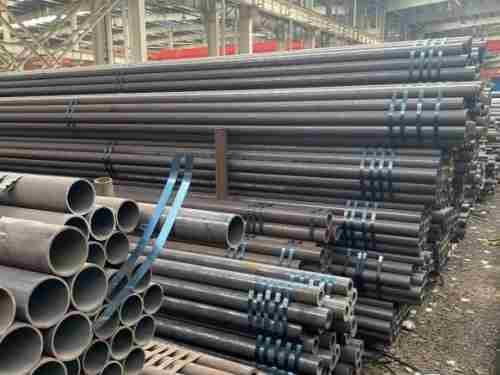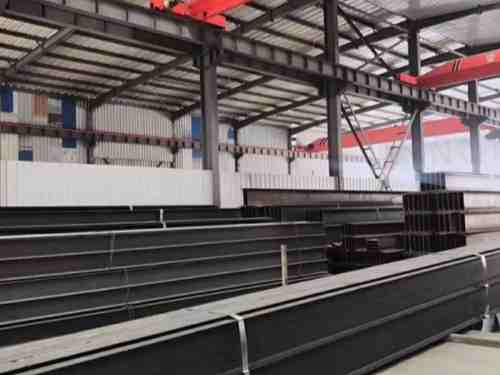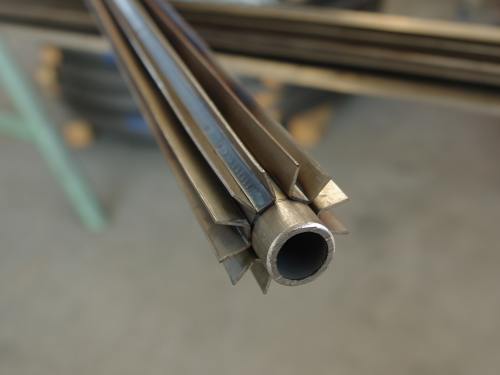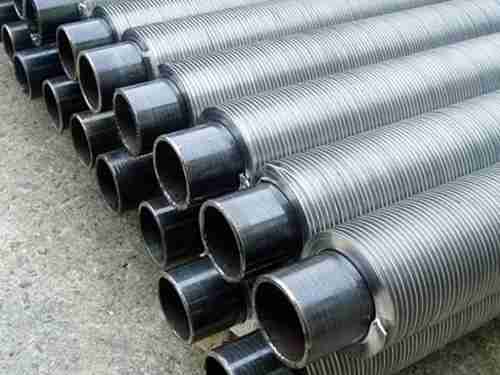Various defects found in the oil casing body or pipe ends, such as pits, cracks, wrinkles, bulges, bulges, gouges, delamination, hair lines, etc., will affect pipeline performance. Therefore, oil casing defect treatment is a critical process in the oil and gas industry to ensure the safety and integrity of oil wells. The following are some common methods for dealing with petroleum casing defects.
Visual Inspections:
Regular visual inspections are essential to identify any visible defects, such as corrosion, cracks, dents, or manufacturing defects. Early detection can help prevent more serious problems.
Nondestructive Testing (NDT):
Nondestructive testing methods, including ultrasonic testing, magnetic particle testing, radiographic testing, and eddy current testing, are used to detect defects that may not be visible to the naked eye. These techniques can identify internal and external defects without damaging the casing.
Repair Welding:
For smaller defects, such as minor cracks or corrosion spots, welding can be used to repair the casing. The welding process should be performed by a certified welder and follow industry standards to ensure the repair is effective and safe.
Grinding and Polishing:
Surface imperfections such as dents or scratches can be treated by grinding and polishing to remove damaged material and restore the integrity of the case.
Patch:
If the defect is localized and relatively small, a patch can be applied to strengthen the weak area. This usually involves welding a patch or sleeve to the housing.
Replacement:
If the casing is extensively defective or cannot be repaired, it may need to be replaced. This process involves removing the damaged housing and installing a new one.
Corrosion Protection:
Precautions such as corrosion protection coatings (such as epoxy or thermoset powder coatings) can be applied to the casing to reduce the risk of corrosion-related defects.
Pressure Testing:
After any repair or defect treatment, a pressure test must be performed to ensure the integrity of the casing. The test involves pressurizing the casing to verify that it can withstand expected wellbore conditions.

 English
English Español
Español











